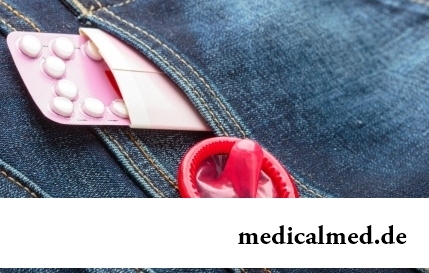





First aid at a heart attack
Myocardial infarction – the medical emergency arising because of an acute disorder of blood supply of a cardiac muscle. This state directly threatens life and therefore demands acceptance of urgent measures of the help in the acute period, and also adequate treatment after its transferring.
Infarction mechanism
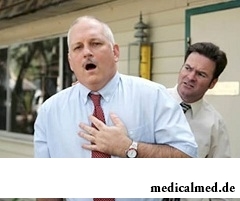 Most often the heart attack occurs at the patients of advanced age having coronary heart disease owing to atherosclerosis of coronary vessels. In translation from medical terminology it means that the vessels supplying with blood heart because their gleam is considerably narrowed (as a result of atherosclerosis), do not cope with the duty and do not inform of enough blood the site of a cardiac muscle fed by them. Such state is called coronary heart disease ("ischemia" - in Latin means a lack of blood). When the gleam of a vessel is blocked completely, and blood in general ceases to arrive on it, there is a heart attack. At a heart attack the site fed by the damaged vessel perishes in 30-45 minutes therefore it is important that first aid was given during this time.
Most often the heart attack occurs at the patients of advanced age having coronary heart disease owing to atherosclerosis of coronary vessels. In translation from medical terminology it means that the vessels supplying with blood heart because their gleam is considerably narrowed (as a result of atherosclerosis), do not cope with the duty and do not inform of enough blood the site of a cardiac muscle fed by them. Such state is called coronary heart disease ("ischemia" - in Latin means a lack of blood). When the gleam of a vessel is blocked completely, and blood in general ceases to arrive on it, there is a heart attack. At a heart attack the site fed by the damaged vessel perishes in 30-45 minutes therefore it is important that first aid was given during this time.
Extensiveness of a heart attack is defined by the size of an affected area of a cardiac muscle. The heart attack can be so extensive and be located in such a way that heart cannot perform more the functions, and the person dies. There are, on the contrary, microheart attack cases – when there was a defeat of a small vessel, so small that the person does not even notice the moment when the heart attack occurs, and it is found only accidentally, at inspection in other occasion.
Nevertheless, one and all cases of an acute disorder of blood supply of a cardiac muscle constitute serious danger which cannot be underestimated. The matter is that after the postponed heart attack the affected site of a myocardium is not recovered any more, on its place the hem is formed of fibrous fabric. Sokratitelny ability of a cardiac muscle worsens, so, is irreversible function of heart in general worsens.
Symptoms of a heart attack
As it was told above, the heart attack occurs at the elderly people who already have heart diseases more often. However cases when they of people and do not guess that his heart works with disturbances are frequent, the heart attack can occur even at people of young age. Therefore it is important to know symptoms of a heart attack and to be able to give first aid even if you in an environment have no people belonging to risk group.
So, main symptoms of a heart attack:
- Heartache of high intensity and duration – from a quarter of hour till several o'clock. Pain is localized behind a breast, but can give to a hand, a shovel, a shoulder, a neck. It differs from a stenocardia attack in the fact that reception of nitroglycerine does not help to stop a pain syndrome;
- Fear of death. Quite often after the postponed heart attack patients note that this fear has irrational character;
- Deterioration in the general state: pallor of integuments or on the contrary, unhealthy redness, cold sweat, asthma.
In addition to "classical" symptoms of a heart attack, exist also atypical in which only the specialist can distinguish a heart attack. Nevertheless, they should be known too not to pass danger.
Abdominal heart attack (from a Latin "abdomen" - a stomach) – the heart attack masking under intestinal frustration. Its signs are nausea, vomiting, disturbance of a chair against the background of what quite often pass unnoticed a cardiopalmus, an asthma and weakness.
The asthmatic heart attack – reminds itself asthma attack, at the same time heartaches are absent or are insignificant. The patient chokes, but the drugs which are usually stopping asthma attack do not help him.
The cerebral (brain) heart attack – a state proceeds as a stroke. It is shown by disturbance of the speech, coordination of movements, emergence of an acute headache (as is possible at a stroke).
The mute heart attack – in the general opinion of cardiologists, is the most dangerous form of a heart attack which long does not pay to itself attention as signs of an acute state actually are absent. The patient notes only insignificant deterioration in the general state, it has a short wind and weakness, especially at the movement, but at the same time he, as a rule, continues to lead a usual life. The mute option is dangerous that neither first aid, nor the specialized cardiological help timely appear, meanwhile functioning of heart worsens.
As a rule, in the listed cases the heart attack is found when carrying out the electrocardiogram therefore it is appointed practically always when the patient sees with a serious indisposition a doctor.
First-aid treatment at a heart attack
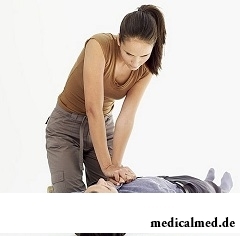 At suspicion of a heart attack it is necessary to call immediately the ambulance, and it is important to specify to the operator that cardiological help is required – in this case the specialized crew having the necessary equipment at the order is sent.
At suspicion of a heart attack it is necessary to call immediately the ambulance, and it is important to specify to the operator that cardiological help is required – in this case the specialized crew having the necessary equipment at the order is sent.
Further measures for first-aid treatment at a heart attack the following:
- The patient to lay, provide access of fresh air: to slightly open a window or a window leaf, to weaken hard clothes;
- To give Tabulettae Nitroglycerini under language. In spite of the fact that at a heart attack nitroglycerine is not able to remove a painful attack, nevertheless drug has medical effect. Attention! – waiting for arrival of ambulance it is possible to give no more than three Tabulettaes Nitroglycerini;
- To give to the victim a tablet or two aspirin (he is also known as acetylsalicylic acid). Aspirin promotes blood fluidifying, thereby improving blood supply of heart in the conditions of ischemia, besides, it possesses the anesthetizing action. The tablet needs to be chewed – so effect of drug will be shown quicker.
If the patient fainted, and pulse is not probed or became threadlike, it is necessary to start resuscitation immediately:
- To strike short strong punch to the area of a breast, so-called precardiac blow. In lack of special tools it can execute a role of a defibrillator and start again the stopped heart. The blow should be struck once;
- If the precardiac blow did not make the necessary impact, to immediately begin to do an indirect cardiac massage, at the same time carrying out artificial ventilation of the lungs by one of methods - a mouth - in - a nose, a mouth - in - a mouth. It is necessary to do it before arrival of ambulance.
During life the average person develops neither more nor less two big pools of saliva.
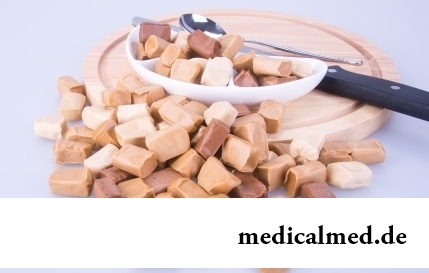
Food with the increased content of sugar is attractive to most of people - it is scientifically confirmed fact. Business here not in a nevozder...
Section: Articles about health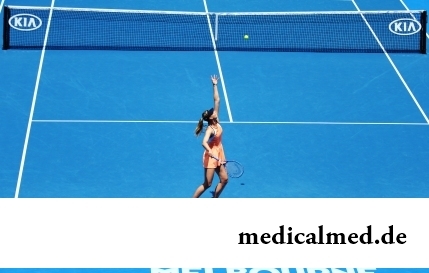
Proofs of efficiency of Mildronate at treatment of coronary heart disease with stenocardia can be found in many publications of the end of the twentieth century. Researches were conducted since 1984, including placebo - controlled effects. In total клиничес...
Section: Articles about health
Physical activity is necessary for normal functioning of a human body. At a lack of the movement joints cease to function, muscles atrophy, cardiovascular activity is broken and the metabolism worsens. The modern city rhythm of life does not provide the person with an adequate exercise stress, additional - sport is necessary. Tedious tasks the huge number of the people having those or ин exists sport not all to liking, but also...
Section: Articles about health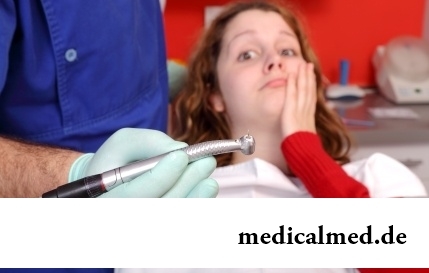
Statistically, can only one of ten of our compatriots brag of a decent condition of an oral cavity. On среднестатистич...
Section: Articles about health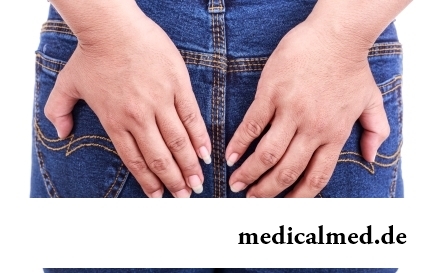
Hemorrhoids – extremely widespread disease. Periodically arising inflammations and bleeding of hemorrhoidal nodes cause serious discomfort to nearly fifteen percent of adults. Meanwhile, having a clear idea of the aggravation reasons...
Section: Articles about health
Each person supports all life a SARS about 200 times. The peak of incidence falls on cold season, but it is possible to get sick with a temperature and a pharyngalgia, and sometimes and very possibly, even during a heat. The reasons for development of catarrhal diseases there is a set: from the weakened immunity till an excess portion of ice cream....
Section: Articles about health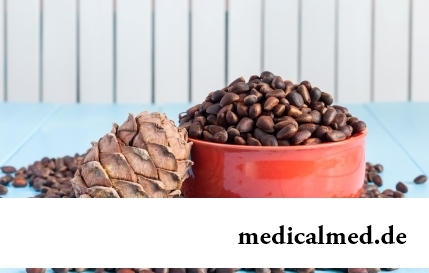
The hysteromyoma is diagnosed more than at a third of women 35 years are more senior. This high-quality new growth, which on early a stage...
Section: Articles about health
Since the moment when the child becomes a school student, his sight begins to be exposed to the strengthened loadings which are supplemented with viewing of animated films and long computer games. During this period of life of the child development not completely created bodies to a zra...
Section: Articles about health
Each of us repeatedly noticed that the people having the same passport age are sometimes not similar on one-years at all. One at the age of 40-45 years already looks almost an old man, and another and in 60 is young, vigorous and full of life. The matter is that the condition of our health depends not on the number of the lived years, and on degree of safety of an organism. This factor also defines biological age of the person....
Section: Articles about health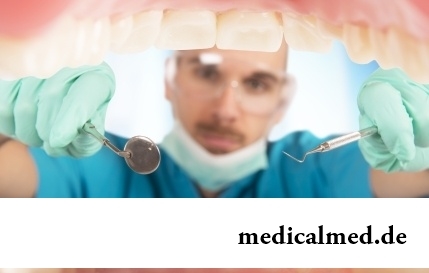
White teeth and the Hollywood smile – a dream of many people. Long time was considered that a plaque on teeth and change of their color – destiny of those...
Section: Articles about health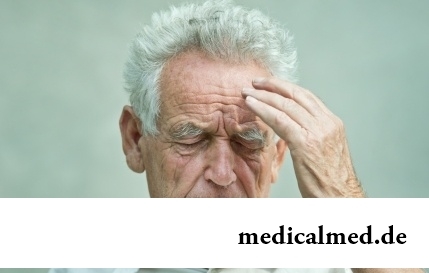
The person, as well as all other beings living on our planet feels weather changing. It is the normal meteosensitivity which is not causing to healthy people of special troubles. Meteodependence, on the contrary, is morbid condition, характеризующимс...
Section: Articles about health
Practically each person is familiar with the annoying, pulling, unscrewing pains caused by overcooling of muscles of a back. In certain cases inflammatory process is not limited to discomfort, being followed by emergence of hypostasis, consolidations, temperature increase. At the wrong treatment the acute miositis can lead to a chronic disease or aggravation of other pathologies of a back (vertebral hernia, osteochondrosis) therefore it is important to pay attention to symptoms of an illness in time and to start to...
Section: Articles about health
The next flu epidemic leads to the next panic, from year to year we give in on these manipulations: professionally alarming goal...
Section: Articles about health
For anybody not a secret that the modern person eats not as his ancestors. For the last 100 years in broad access there were absolutely new products which are result of use of the latest technologies in food production. Significantly changed спо...
Section: Articles about health
Statistically, in Russia about 34% of citizens smoke. Most of consumers of tobacco has problems with health sooner or later. Not only smokers, but also their relatives suffer. Besides, cigarettes are expensive, and need of their acquisition goes a heavy burden on the budget of thousands of Russian families. Many people dream to refuse harmful tendency, but everyone manages to make it not: nicotine addiction is affectionate and to get rid of it not easy....
Section: Articles about health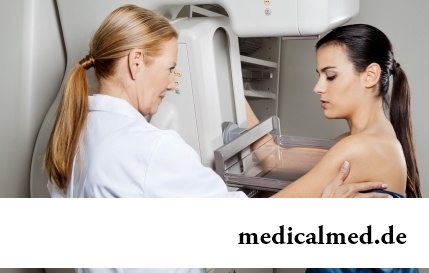
Visit of doctors – business not the most pleasant, and many people do not hurry to undergo necessary planned inspections. Such behavior...
Section: Articles about health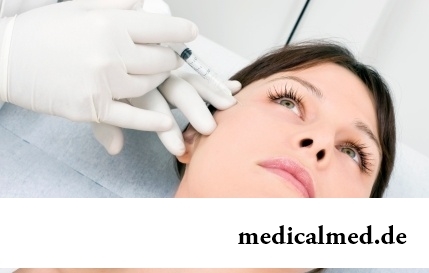
Eyes – one of the most vulnerable areas on a face therefore age changes concern them first of all. Whether it is possible to keep look youth for many years and what procedures are offered for achievement of this purpose by cosmetologists? And maybe, only thing of a vari...
Section: Articles about health
About 10-15 years ago existence of the computer in the apartment of the Russian was considered as a rarity and office rooms were only at the first stage of equipment by these useful devices. Today practically in each house there is a computer (and often not one), and a regular user is already every our second compatriot. Convenience and efficiency of personal computers are undoubted, but the people working with them daily have to know also about health hazard which they can predstavlit...
Section: Articles about health
Run - one of the most available and effective ways to revitalize the organism. Knowing about its extraordinary advantage, each of us though...
Section: Articles about health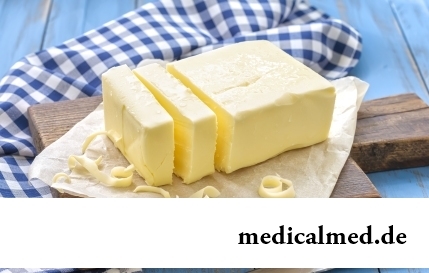
Within several decades of our compatriots convinced that the use of butter nasty affects a condition of coronary vessels. As a result the reputation of a product was impaired thoroughly a little, and many almost ceased to include...
Section: Articles about health
Cystitis, or inflammation of a mucous membrane of a bladder, this very widespread disease which, owing to some features of a structure of bodies of urinogenital system, women have approximately four times more often than men. Women aged from 20 up to 45 years enter into the main risk group. Cystitis is an illness of a bacterial origin. It can have an acute or chronic current. The second option is dangerous not only a frequent recurrence, серьезн...
Section: Articles about health
All diseases from nerves – in this joke a big element of truth, are said by doctors. Constant stresses lead body to decrease in protective forces...
Section: Articles about health
No, probably, the person who would not have cold. Cold, cough, a headache – these symptoms are known to everyone. The peak of catarrhal diseases is the share of fall. SARS already came to schools and kindergartens, flu slowly makes the way to the cities, in a word, з...
Section: Articles about health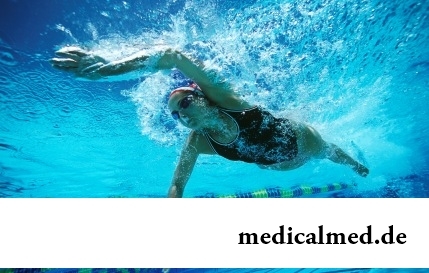
The state of health of the person depends on many factors. One of the most important is the constant, but not exhausting a physical activity. In the presence of various illnesses specialists often advise patients to do swimming which by right takes the leading place by efficiency of improvement, having at the same time a few contraindications. Today we will talk about the main directions of therapeutic impact of swimming on a human body....
Section: Articles about health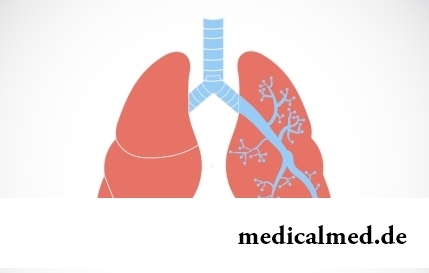
They say that to ensure health and longevity of people it is obliged. Really, at competent approach to these questions, we will pass...
Section: Articles about health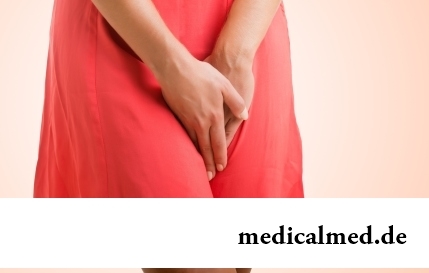
Statistically cystitis 25-30% of women up to 40 years have. With age this indicator raises, besides many do not get to statistics because do not see a doctor. The most sad that after the regular visits to doctors, long reception of antibiotics...
Section: Articles about health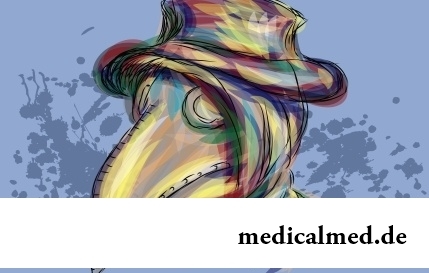
History of mankind contains several tens of epidemics whose emergence was compared by eyewitnesses and historians to doomsday. The most terrible of them claimed the lives of millions of people, having made even the whole people to the person of the earth. What they − the diseases striking terror? Whether it managed to the person to find treatment, or he is still powerless before forces of nature?...
Section: Articles about health
